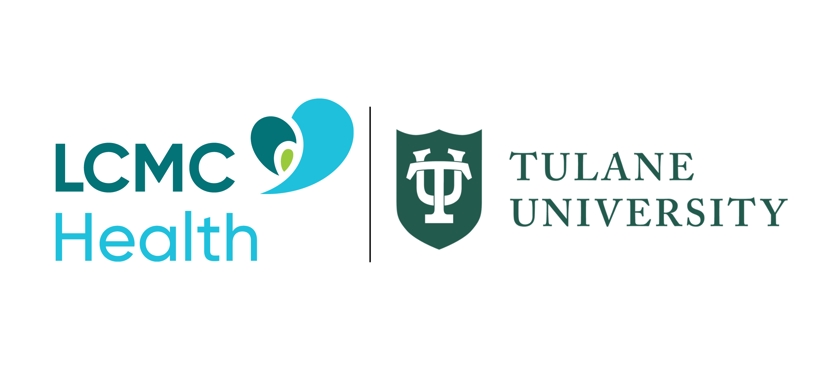National Suicide Prevention Week: raising hope and awareness
- Category: Health & Wellness, Behavioral Health
- Posted on:

Despite its status as a major public health concern, suicide doesn’t always get the attention it deserves. It can be a difficult subject to discuss, and despite recent progress a stigma still surrounds suicide and mental health. Join LCMC Health and be part of changing the conversation during National Suicide Prevention Week.
Shine a light on suicide this September during Suicide Prevention Awareness Month and National Suicide Prevention Week (September 10-16). Wear a teal and purple ribbon to show support and raise awareness. Learn about suicide risk factors and warning signs. If you know someone you think may be having suicidal thoughts, talk with them and assist them with getting help. Whatever you do, don’t let suicide stay in the shadows.
Suicide’s tragic scope
To understand the need for increased prevention and awareness efforts, look no further than the statistics about suicide. Tens of thousands of Americans die by suicide each year, and the problem is growing. Suicide rates rose 36% from 2000 to 2021, according to the Centers for Disease Control and Prevention (CDC). The public health agency reports suicide is the second leading cause of death for two age groups: 10- to 14-year-olds and 20- to 34-year-olds.
The toll of suicide isn’t only measured in lives lost. Many individuals and families are affected by suicide due to injuries and hospitalizations related to suicide attempts. When someone takes their own life, their friends and family are left to deal with grief, anger and other emotions.
Recognizing risk factors
Suicide can affect anyone, but certain factors may increase the risk. One way to observe National Suicide Prevention Week is to learn the risk factors for suicide.
A person has a higher risk of suicide if they’ve attempted it before or if someone in their family committed suicide. A history of mental health disorders or substance use disorder may increase the risk of suicide. So can experiencing physical or sexual abuse. Major life stressors, such as a divorce or the death of a loved one, can also contribute to suicide risk.
Watching for warning signs: a key part of preventing suicide
National Suicide Prevention Week is an opportune time to educate yourself about the warning signs of suicide. Recognizing when someone may be considering suicide can help prevent a tragedy. Concerning signs include:
- Avoiding socializing with friends or family
- Drug use
- Excessive alcohol consumption
- Expressions of hopelessness or worthlessness
- Preoccupation with suicide or death
- Reckless behavior
- Severe mood shifts
- Talking about others being better off without them
How to be a difference maker for others
Suicide Prevention Awareness Month and National Suicide Prevention Week draw attention to suicide, and it’s important to maintain that bright spotlight year-round. That’s especially true if you know someone showing warning signs of contemplating suicide.
Your support and assistance can make all the difference in the world to someone who may be thinking of attempting suicide. Call or visit them and ask them if they’re considering suicide. Be a good listener and don’t minimize what they’re going through. Remove any items the person could use to harm themselves. Call 911 for a life-threatening situation and don’t leave them alone until they get the help they need.
In the event of a suicide crisis, the 988 Suicide & Crisis Lifeline can provide immediate support and connect your friend or family member with resources to help keep them safe. Advise them to speak with their primary care provider or a behavioral health specialist and help them make the appointment. Most importantly, let them know you’ll be there to support them for the long term while they work on their mental health.
Need help improving your mental health? Find a LCMC Health behavioral health specialist near you.

